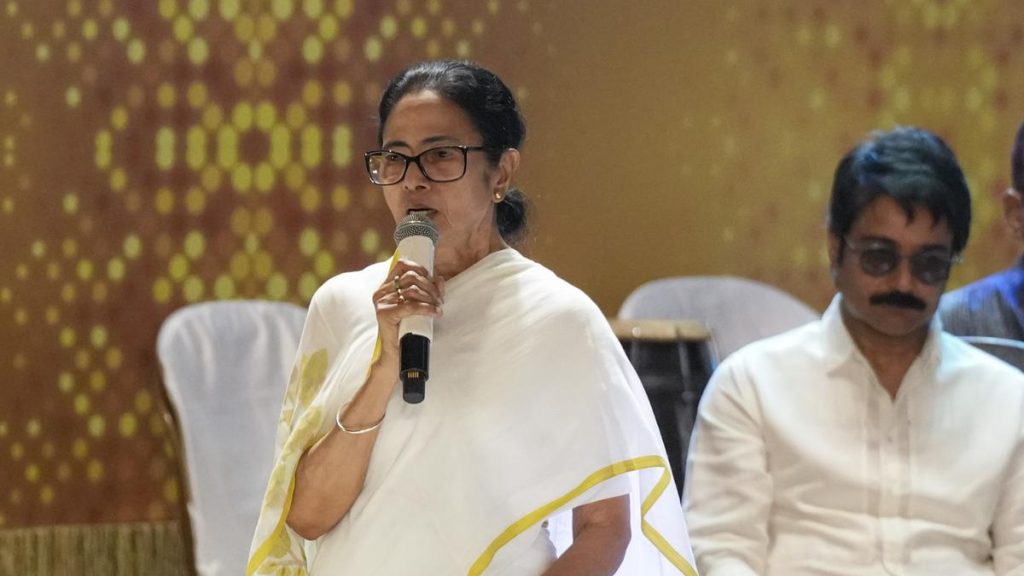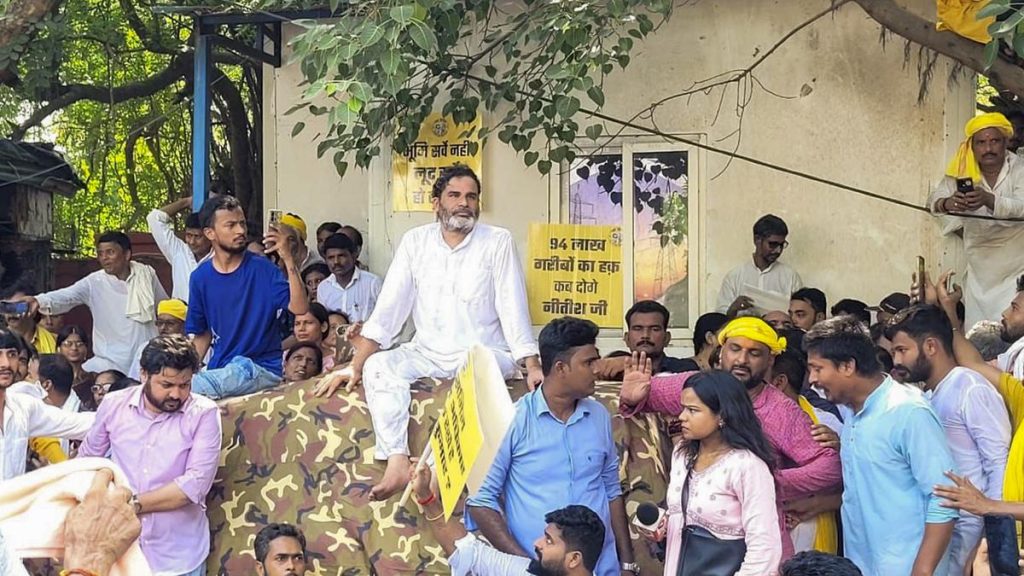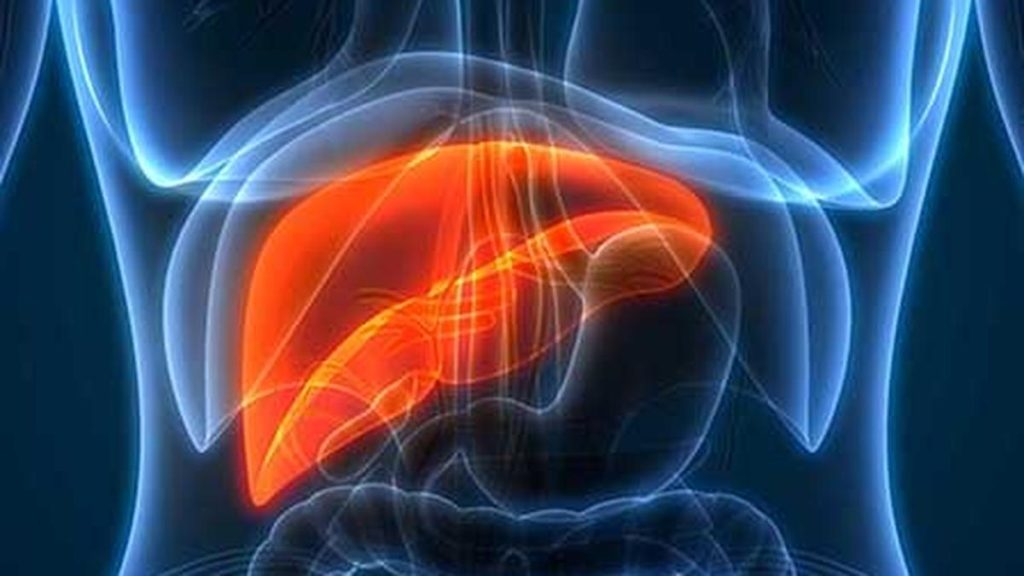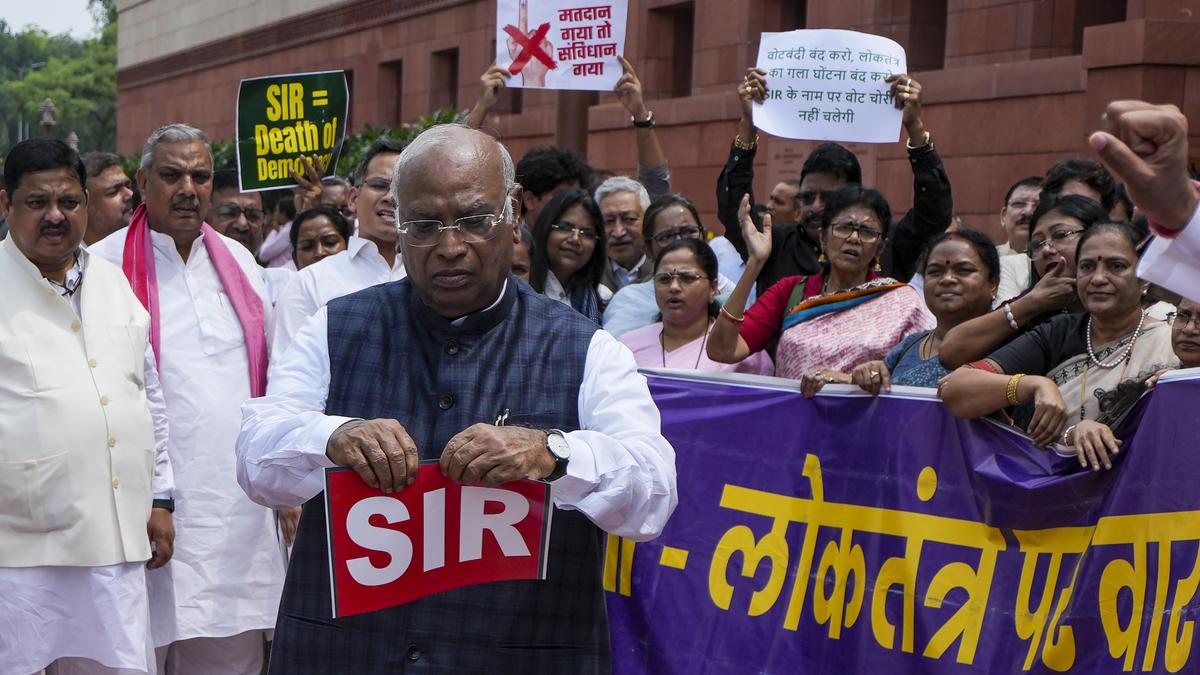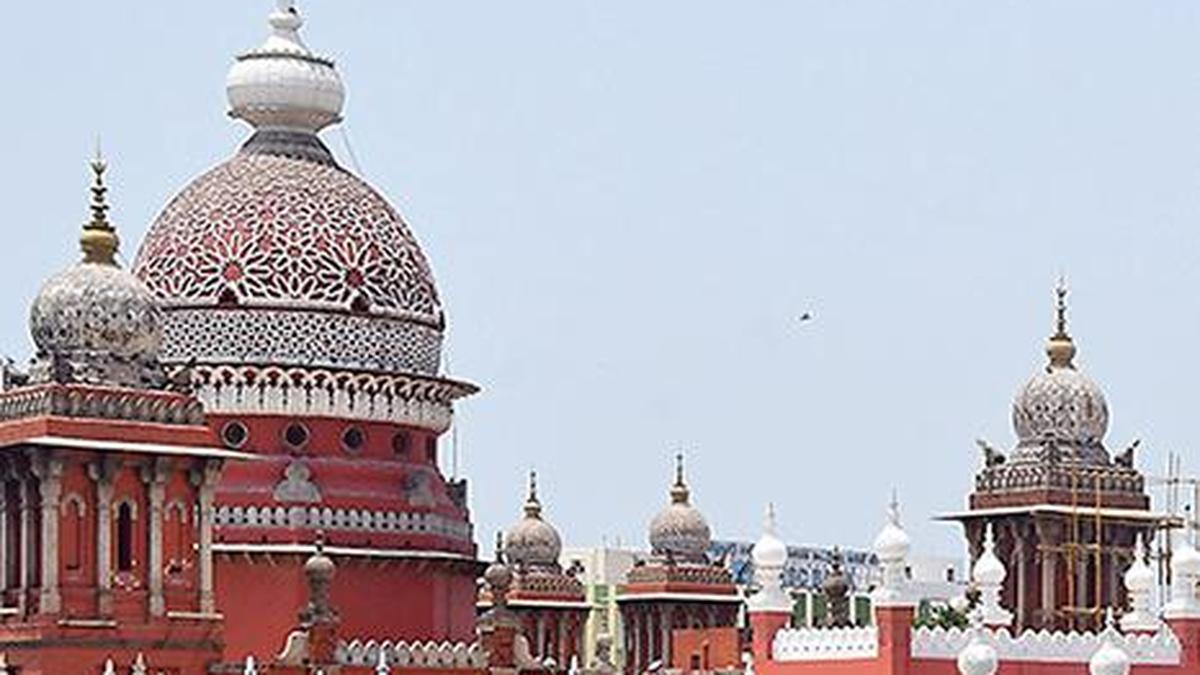Now Reading: 108′ Ambulance Staff Warn of Strike from August 1 Over Shift System Changes
-
01
108′ Ambulance Staff Warn of Strike from August 1 Over Shift System Changes
108′ Ambulance Staff Warn of Strike from August 1 Over Shift System Changes

Speedy Summary
- Ambulance staff working under Karnataka’s ‘108-Arogya Kavacha’ scheme have threatened to strike starting August 1, 2025.
- Workers demand the restoration of the previous 12-hour two-shift system, claiming the current eight-hour three-shift arrangement introduced on January 1 has led to salary reductions and logistical issues.
- Staff salaries were cut by nearly half due to reduced working hours under the new system.
- Employees cite transport difficulties during early morning (6 a.m.) and late-night (10 p.m.) shifts as a major concern, especially in rural areas where accessibility is limited.
- Of approximately 3,500 employees affected, women make up one-third of the workforce and reportedly face additional challenges due to lack of proper facilities and transport options during odd hours.
- Workers are requesting either reinstatement of the older shift pattern or government-provided solutions for transport access and salary adjustments.
Indian Opinion Analysis
The concerns raised by ambulance workers under Karnataka’s ‘108-Arogya Kavacha’ scheme reflect critical operational issues within essential healthcare services that may have wider implications for public health infrastructure in rural India if left unaddressed. The transition to an eight-hour three-shift model aimed at reducing workloads has inadvertently created logistical barriers and financial strain for workers-both factors capable of impacting workforce morale over time.
Given that one-third of this sector’s employees are women facing additional vulnerabilities such as unsafe travel conditions at odd hours,addressing their grievances is not onyl about worker welfare but also about ensuring uninterrupted emergency medical response services statewide. The possibility of a strike presents risks for healthcare delivery systems reliant on these ambulances.
The state government would benefit from prioritizing dialog with employee representatives while exploring solutions like subsidized employee transportation or revisiting aspects of its shift policies that maintain both service efficiency and worker satisfaction alike. Resolving this issue could strengthen both worker protections and trust in critical emergency healthcare schemes across Karnataka.
Read more: link


